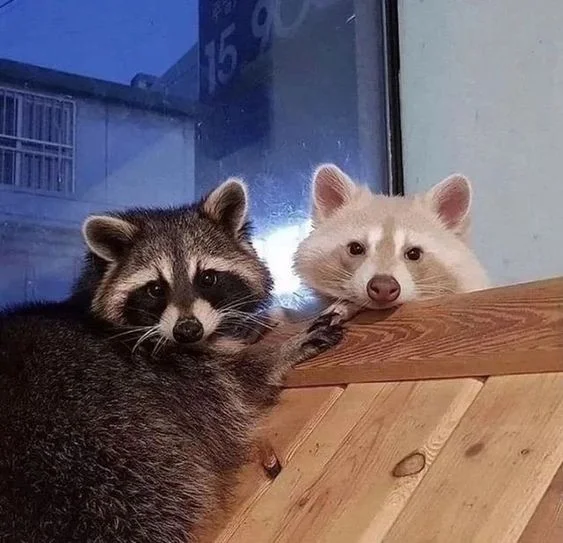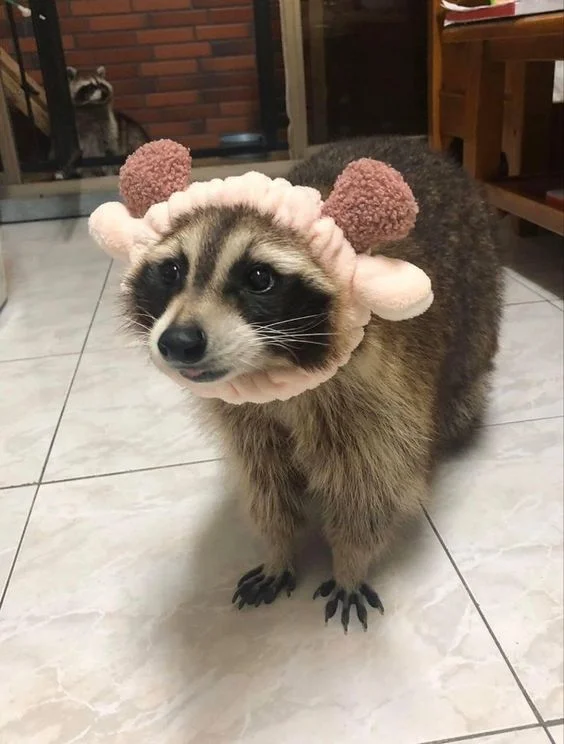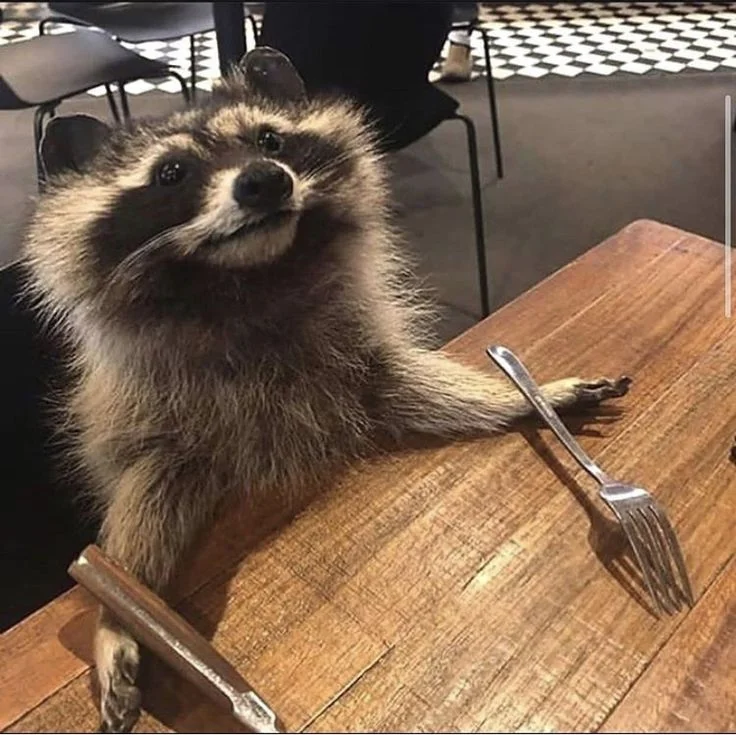
Raccoons are one of the most fascinating and complex creatures in the animal kingdom, known for their intelligence, dexterity, and adaptability. While traditionally seen as wild animals, there is a growing interest in the possibility of domesticating raccoons. This guide explores the various aspects of living with a domesticated raccoon, including their behavior, care needs, legal considerations, and the challenges involved.
Raccoons exhibit a wide range of behaviors that make them both challenging and rewarding companions for those considering domestication. Their innate curiosity drives them to explore and manipulate their environment, often leading to the discovery of hidden nooks and unexpected interactions with household objects.
As pets, they require consistent mental and physical stimulation to satisfy their active minds and prevent destructive habits. Prospective raccoon owners must be prepared to invest time in training and socialization, ensuring that these intelligent animals can integrate smoothly into a home setting while respecting the boundaries and safety of all family members.

Raccoons are highly intelligent animals, capable of solving complex problems and using tools to access food and explore their environment. When domesticated, they retain much of their curious and playful nature, which can be both endearing and challenging for pet owners. Domesticated raccoons often exhibit a strong desire to explore their surroundings, manipulate objects, and engage with their human companions.
However, it is essential to note that even domesticated raccoons maintain certain wild instincts. They are nocturnal creatures, meaning they are most active at night, and they have a natural tendency to forage and hoard food. Additionally, raccoons can be territorial and may exhibit aggressive behavior if they feel threatened or cornered.

Can you domesticate a raccoon? Yes, but proper care is crucial for the health and well-being of a domesticated raccoon. They require a diet that mimics their natural intake, consisting of fruits, vegetables, protein sources like chicken or fish, and occasional treats. It's important to provide a balanced diet to prevent obesity and other health issues.
Raccoons are naturally curious and need an environment that stimulates their mind and body. This includes providing toys, puzzles, and climbing structures. Additionally, raccoons have sharp claws and teeth, making it necessary to "raccoon-proof" your home to prevent damage and ensure their safety.
Regular veterinary care is also a must for domesticated raccoons. They require vaccinations and regular check-ups to monitor their health. Special attention should be given to their dental health, as raccoons are prone to dental issues.
Before considering a raccoon as a pet, it is imperative to understand the legal restrictions in your area. In many regions, owning a raccoon requires a special permit or is entirely illegal due to concerns about rabies and other zoonotic diseases. Always check with local wildlife authorities and adhere to all regulations.
Additionally, the socialization of raccoons can be a significant challenge. They require early and consistent interaction with humans to develop a friendly and manageable demeanor. Without this, raccoons can become unpredictable and potentially aggressive.

The ethics of keeping raccoons as pets is a topic of debate. While some argue that domestication can provide raccoons with a safe and nurturing environment, others believe that their wild nature makes them unsuitable for domestic life. It is crucial for potential raccoon owners to consider whether they can meet the complex needs of these animals and commit to providing lifelong care.
Creating a safe and stimulating environment for a domesticated raccoon is essential for their well-being and your peace of mind. Raccoons are adept climbers and explorers, so it's vital to secure all potential hazards. Ensure that all trash cans have secure lids, as raccoons are known for their ability to open containers and rummage through garbage. Additionally, lock away any chemicals, medications, or small objects that raccoons could ingest or use to harm themselves.
Providing a dedicated space for your raccoon is also crucial. This area should include a comfortable sleeping area, various toys and enrichment activities, and access to water. Some raccoon owners opt to create outdoor enclosures that mimic a natural habitat, allowing their pets to explore safely without the risk of escaping or encountering dangerous situations.

Yes, they can be domesticated. Training them is both challenging and rewarding. Due to their intelligence, raccoons can learn a variety of commands and tricks. However, they require patience, consistency, and positive reinforcement techniques. Start with basic commands and gradually introduce more complex tasks.
Socialization is equally important. Introduce your raccoon to a variety of people, animals, and environments early on to prevent fear or aggression. Keep interactions positive and controlled, and always supervise your raccoon when they are around other pets or children.
Raccoons can live up to 15 years in captivity, but their health is dependent on the quality of care they receive. Common health issues in domesticated raccoons include obesity, dental problems, and diseases such as distemper and parvovirus. A balanced diet, regular exercise, and preventive veterinary care can help mitigate these risks.
It's also important to be aware of the potential for zoonotic diseases. Raccoons can carry parasites and viruses that can be transmitted to humans. Regular health checks, vaccinations, and maintaining a clean environment are essential to prevent the spread of diseases.
While domesticated raccoons may seem removed from their wild counterparts, they can still impact local ecosystems if not properly managed. Escaped or released raccoons can introduce diseases to wild populations or compete with native species for resources. It is crucial to ensure that your raccoon cannot escape and to never release a domesticated raccoon into the wild.
Owning a domesticated raccoon is a unique and rewarding experience, but it comes with significant responsibilities. Prospective owners must weigh the pros of having a unique and intelligent companion against the cons of the extensive care, legal hurdles, and ethical considerations involved.
So, can raccoons be domesticated? The answer is yes. But before deciding, engage with raccoon experts, veterinarians, and current raccoon owners to gather as much information as possible. Remember, the goal is to ensure the well-being of the raccoon while providing a harmonious living situation for both the pet and the owner.
However, for many, the challenges of domesticating a raccoon are too significant to overcome. If you find a raccoon that needs help or if raccoons are causing issues in your home or property, it is best to rely on professionals. Critter Stop is a professional humane wildlife removal company with a fantastic reputation and glowing customer reviews for its high-quality work and exceptional customer service. We specialize in safe, effective, and humane raccoon removal, ensuring that these intelligent creatures are treated with care and respect. Contact us at (214) 234-2616 to remove raccoons around your property.
Visit our Critter Library and learn more about our furry friends